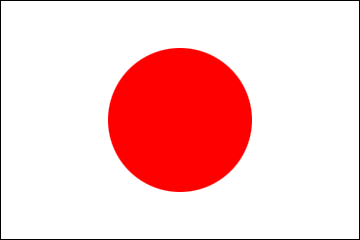Grant Assistance for Grass-roots Human Security Projects (GGP)
Thank you for your interest in Grant Assistance for Grassroots Human Security Projects (GGP).
The aim of GGP is to provide financial assistance to non-profit, development-oriented organizations to support community development projects which directly benefit people at the grassroots level. Since its introduction in 1989, GGP has been implemented in 141 countries worldwide.
Information For Applicants
Applications are received anytime throughout the year, but the selection process will be conducted twice a year after the deadlines of 15th February and 15th July respectively. The selection process by the Embassy of Japan in Uganda begins after each application deadline and takes at least six months before the grant approval is finalized.
Official notification of the results will be given after the conclusion of the selection process. All applicants will receive official results via email, and we kindly request your patience until you receive official communication from the Embassy of Japan in Uganda.
1. Request to Applicants
- Download the GGP Guidelines from the link below and read it thoroughly to gain a comprehensive understanding of the GGP scheme and its selection process.
- Ensure that all required information is accurately filled out in the Concept Paper. The Concept Paper Format is available for download at the link below (failure to provide all necessary information will result in automatic disqualification).
- Ensure that all required documents are attached to the Concept Paper upon submission.
- Submit a Concept Paper and attachments to the Embassy of Japan in Uganda by postal service or in person by leaving them with the security team at the embassy gate during office hours.
- The Concept Paper must be typed, printed, signed and submitted as a hard copy.
2. Address to Submit the Concept Paper and Attachments:
|
3. Links
Click on the links below to download the GGP Guidelines, Concept Paper Format and Concept Paper Example.
(1) GGP Guidelines
(2) Concept Paper Format
(3) Concept Paper Example
Contact
For any enquiries, please contact us by phone at the numbers provided above or via e-mail at ggp@kp.mofa.go.jp.
